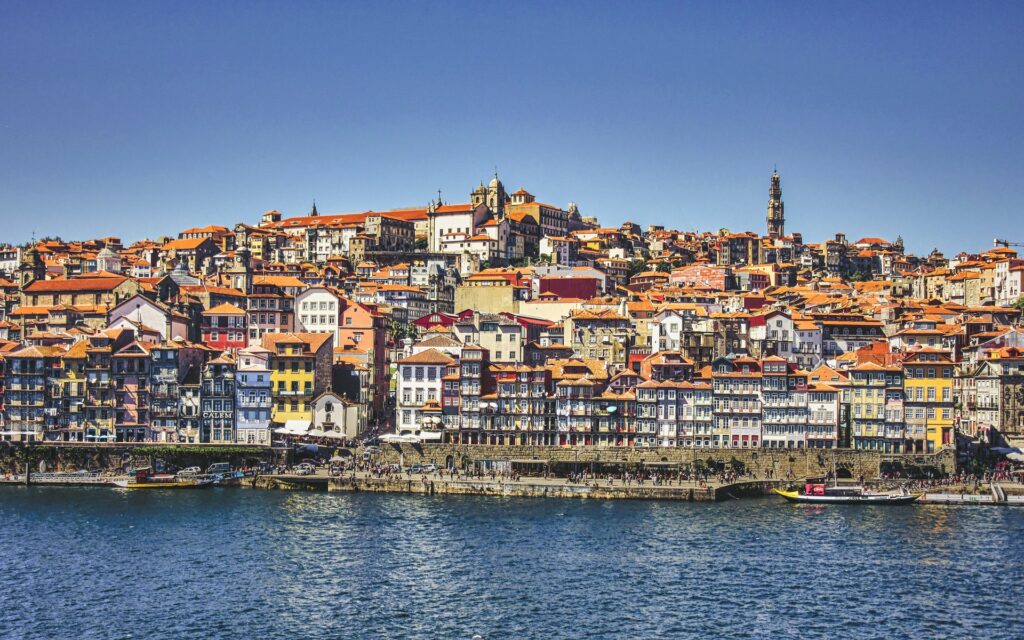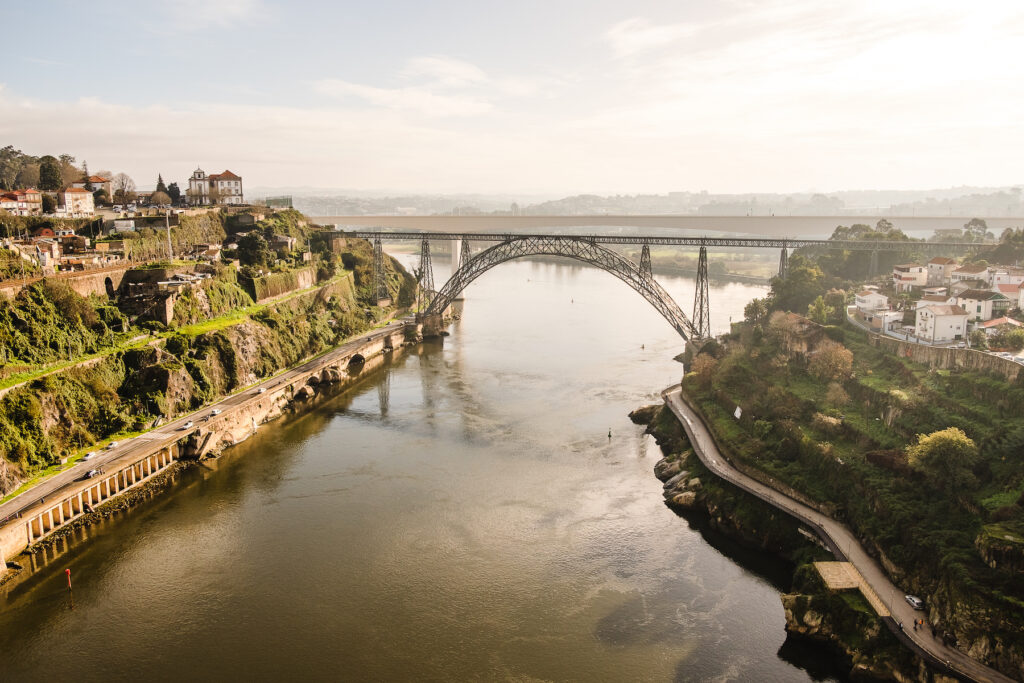Though most people have only heard of FC Porto (pronounced futebol clube do Porto in Portuguese) as the main football club for Porto, there are actually 81 teams in the Porto Football Association!
Rather than focus on all 81 teams, we’re going to look at the top few in more detail, starting with the famous FC Porto.
FC Porto
FC Porto is known as being one of the “Tres Grandes”, or big three, of Portuguese football, along with SL Benfica and Sporting CP — which are also Porto’s biggest rivals!
Of these teams, you’ve probably only heard of FC Porto because they’re the most successful and most popular club in Portugal.
Their recent honours include winning the Champions League twice and receiving 65 domestic trophies in Portugal. In the 2010/2011 season, Porto managed to impressively complete a 30 match season without losing a single game. Porto also has the record of having played 2168 games in the Portuguese championship — only losing only 340 of these matches and scoring 4542 Goals!
Porto plays their home games at Dragon’s Stadium, Estádio do Dragão, in Porto, which has a seating capacity of over 50,000.
Every year a Fair is organized by FC Porto Club, called Portomania at the start of the season, where you can buy souvenirs, gifts and collectors’ items to support the football club.
FC Boavista:
Boavista Futebol Clube, also known as just Boavista, is a Porto football club that was founded in 1903 making it one of the oldest football clubs in the country. For such a small team, Boavista has grown very rapidly and became a regular competitor in European competitions from 1970 onwards.
Boavista is often said to be Porto’s second best football club after FC Porto. It’s also the best football club in Portugal after the Big Three, mentioned above. Boavista has spent 50 years competing in the Primeira Liga (Portugal’s Premier League), though they are currently in the 3rd division. They have been said to be an attacking team, playing hard-fought matches, even when they’re losing badly.
Boavista built its stadium Estadio do Bessa in 1973, tearing it down and rebuilding it in 2004 for the UEFA Euro games.
Sadly, the 2004 Euro games were to destroy any hopes Boavista had of becoming one of the top football teams in the world. The rebuilding of Estadio do Bessa in 2003 damaged the club’s finances (costing them €45,000,000!) — and they still have yet to recover. They are unable to afford skilled players and have been relegated every few years — dropping from the Premier League to Division 3 in just 5 years.


